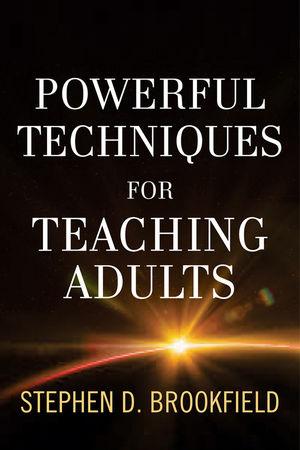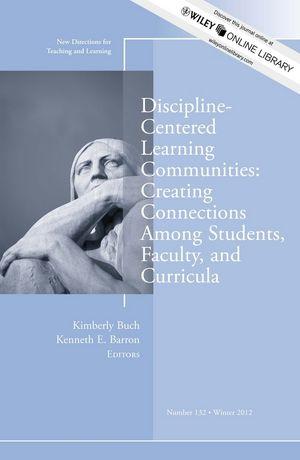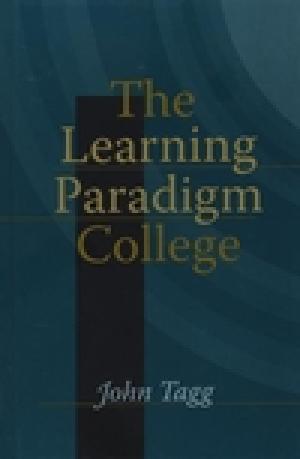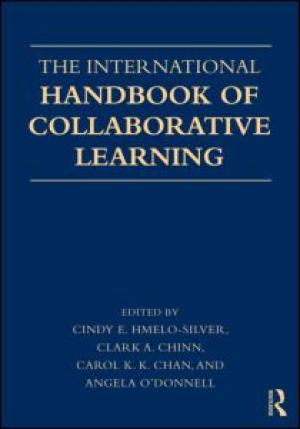Resources
A clearinghouse with a wealth of publications dealing with undergraduate research and related areas: curriculum, pedagogy, mentoring, program development, and more.
An empirical study comparing the amounts of learning achieved using two different instructional approaches under controlled conditions -- straight lecturing, compared to a pedagogical strategy involving more active learning by the students.
A thorough and accessible introduction to concept mapping: graphic organizers, strategies for visualizing knowledge or graphically representing ideas. Includes brief description of process, short lists of best practices, and links to additional resources and software.
A short article in which a teacher-scholar defines what she means by “active and meaningful learning,” discusses unstructured cooperative learning and critical thinking, and reflects on experience in using these concepts in the courses she teaches and the textbooks she writes. Idea Paper no. 34, from the series developed by the Center for Faculty Evaluation and Development, Kansas State University.
An extensive, authoritative site on learning theory and distance education, constructed by Martin Ryder at the University of Colorado at Denver, School of Education. Lots of research, definitions, academic papers, philosophical overviews.

This book is designed as a practical resource that reviews some of the most helpful approaches and exercises that teachers use when working with adult learners. Written in an accessible style, with numerous examples of practical applications scattered throughout the text, the book does not assume any prior experience with adult learning theory or adult educational history and philosophy on the reader's part. The book invites the reader into a conversation about some of the major challenges and problems involved in teaching adults, a conversation which draws on the author's long history of working with adult learners to describe how to understand and respond to these same challenges and problems. (From the Publisher)

Take an in depth look at discipline-centered learning communities. Using psychology as an example, this issue provides prescriptive advice for those interested in developing a learning community in any academic discipline or program. Learning communities are a powerful vehicle for creating and sustaining connections among students, faculty, and the curriculum, but creating one can be a challenge. By providing resources, practical case studies, and theoretical grounding, this volume can both inspire and guide faculty, staff, and administrators in meeting their pedagogical and curricular goals. Learn how the five types of learning communities—based curricularly, residentially, in the classroom, on the students themselves, and even virtually—can be used to enhance student engagement and learning. Illustrating the versatility of the practice across a wide range of settings, student populations, and institutional types, this issue also contains an extensive listing of resources that go beyond disciplinary boundaries and open possibilities for all in higher education.  This is the 132nd volume of this Jossey-Bass higher education series. New Directions for Teaching and Learning offers a comprehensive range of ideas and techniques for improving college teaching based on the experience of seasoned instructors and the latest findings of educational and psychological researchers. (From the Publisher)

In The Learning Paradigm College, John Tagg builds on the ground-breaking Change magazine article he coauthored with Robert Barr in 1995, “From Teaching to Learning; A New Paradigm for Undergraduate Education.” That piece defined a paradigm shift happening in American higher education, placing more importance on learning outcomes and less on the quantity of instruction. As Tagg defines it, “Where the Instruction Paradigm highlights formal processes, the Learning Paradigm emphasizes results or outcomes. Where the Instruction Paradigm attends to classes, the Learning Paradigm attends to students.” (From the Publisher)
Undergraduate students today often enroll in introductory religious studies or theology classes because they want the time and space to reflect on their personal spiritual questions. Such a motivation can clash with the faculty’s desire to introduce students to rigorous academic study of their field. Barbara Walvoord has proposed four “voices” that students may develop that will assist both student and faculty to cross this “great divide.” This essay explores the ways in which a course based in engaged pedagogical theory and practice -- in this case, problem-based learning -- can provide an effective space for students to “find their voices,” take control of their own learning, and fulfill both their own and their professor’s expectations.

Collaborative learning has become an increasingly important part of education, but the research supporting it is distributed across a wide variety of fields including social, cognitive, developmental, and educational psychology, instructional design, the learning sciences, educational technology, socio-cultural studies, and computer-supported collaborative learning. The goal of this book is to integrate theory and research across these diverse fields of study and, thereby, to forward our understanding of collaborative learning and its instructional applications. The book is structured into the following 4 sections: 1) Theoretical Foundations 2) Research Methodologies 3) Instructional Approaches and Issues and 4) Technology. (From the Publisher)